Biodiversity- what is it and why is it important
Wine growing is a monoculture, the opposite of biodiversity, but we can mitigate this. In this article I outline the biodiversity crisis and what we have experienced at chateau Feely in Saussignac in the Dordogne as a microcosm of what we can all do at home.
Biodiversity in action -magnificent belles-dame flambe, beautiful 'scarce swallow tail' butterfly on stinging nettle. The french version sounds more exotic 😉 'beautiful flamed lady.' Did you know how good stinging nettle is as a tonic (eg in soup)? And how fabulous it is for gardening? We also use it in biodynamics for our vineyards. Find out more at our online biodynamic trail.
Why is biodiversity a hot topic?
We are in the throes of a modern, man-made, mass extinction the likes of which has not been seen since the dinosaurs and three quarters of the plants and animals on earth were wiped out by an asteroid crashing into our home planet.
Elizabeth Kolbert outlines the facts in her Pulitzer prize winning book, ‘The 6th extinction, an unnatural history’. In May 2019 a UN report on biodiversity, by Intergovernmental Science-Policy Platform on Biodiversity and Ecosystem Services (IPBES), also sounded the alarm. They estimate that 1 million species (including 25% of all mammals) were at risk of extinction.
The threat that these accelerating losses of biodiversity pose, and the challenge they represent for us humans, is according to the authors, on a par with the climate crisis. Biodiversity is directly connected to climate crisis, as the three main drivers of decreasing biodiversity are habitat loss, climate change and pollution. Our small blue planet is a massively complex biosphere. All species are interconnected and often depend on each other. One loss may not seem important, but it has a knock-on effect, so the losses are accelerating. The air we breathe depends on plants and much of the food we eat depends on pollination, we need them, more than they need us.
Farming by monoculture does not help – depending on single species especially if it is intensively chemically farmed – is not a robust way forward. If you have read one of the stories on Cavendish bananas and Panama disease, you’ll know what I mean. Bananas are a global staple in the middle of a wipe-out. Monoculture means less resilience in our food system.
There is hope
I recommend following reading Kolbert’s book with a second book ‘Wilding’ by Isabella Tree. This is a book of hope, about how quickly biodiversity took off after Tree and partner Charlie Burrell, transformed their intensively and chemically farmed 3500-acre property in Sussex, to wilderness farming with hardy breeds living as they would in the wild. It’s a fascinating and uplifting read, one that offers hope and belief in the speed and robustness of recovery – once nature is given a chance. On our 35-acre farm in France we have seen similar hope-filled results. After three years of organic farming the wild orchids – including two types of pyramid orchid, the tongue orchid and two types of bee orchid – returned. Biodiversity of plants, insects and small mammals grows with every year that we farm this way. Not only that, this biodiversity then helps us to continue farming this way. Discover more on the Feely online organic and biodynamic trail.
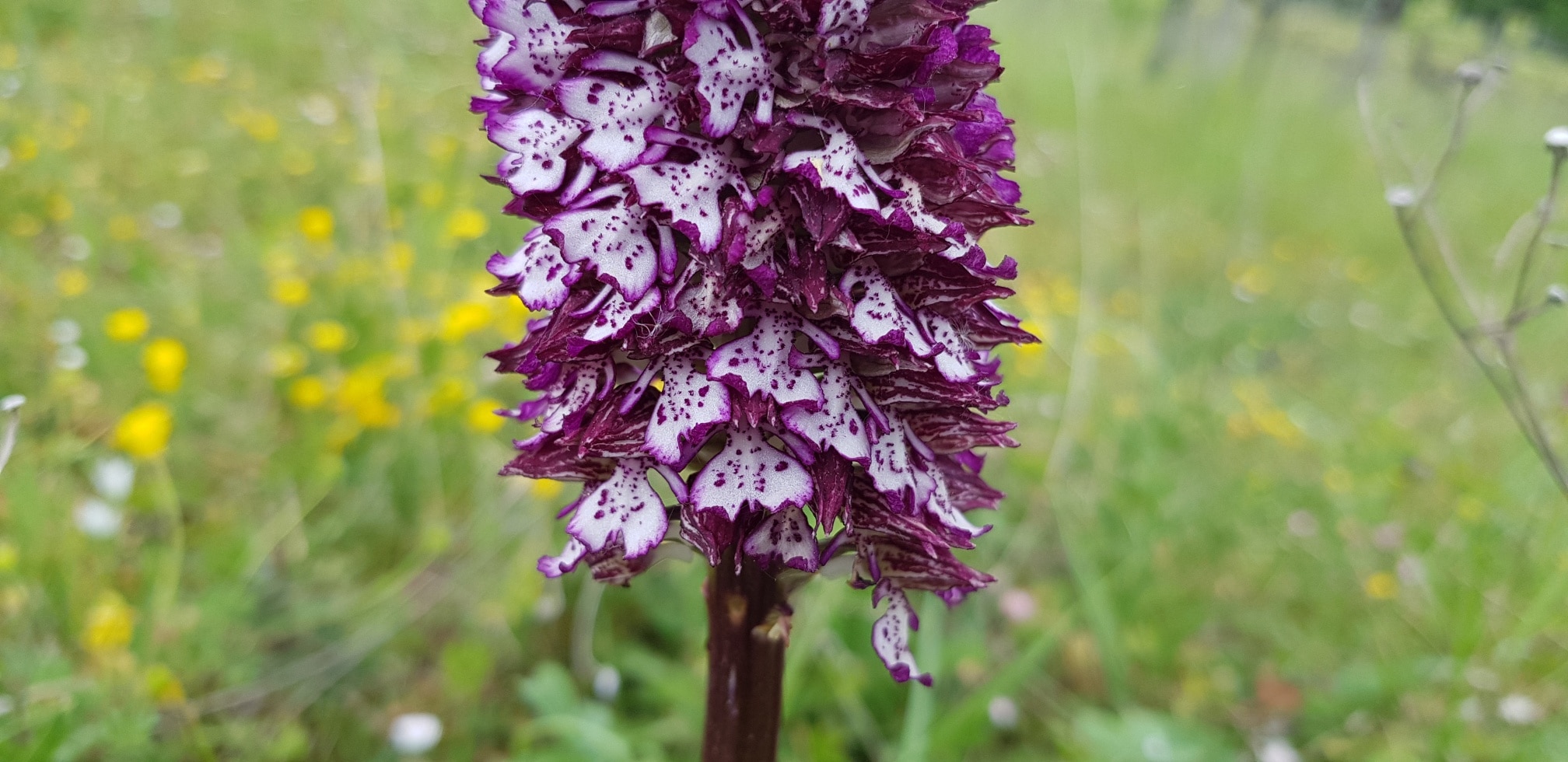
A Purple Pyramid orchid cosying up next to one of our old Sémillon vines (photo early May 2021).
We have more than a fifth of our farm set aside as a wilderness area. This aids biodiversity. We also allow wild plants to grow between our vine rows creating plant biodiversity that brings insect biodiversity. Through insect biodiversity we have a large population of the good bugs like ladybirds, typhlodromes and chrysopes that keep the bad bugs like aphids and spider mites at bay.
Conclusion
We humans are realising the scale and challenge of the threats of climate crisis and biodiversity loss and that each of us has a part to play in meeting it. Every step we take from rewilding our gardens, giving up roundup, choosing organic products and saying no to plastic is helping to turn the tables.
Cheers to a biodiverse summer with great organic wine and good friends! If you have a question or a wine theme you would like to read about, please get in touch caro@chateaufeely.com.
Thank you for supporting Chateau Feely and enabling us to protect this small piece of earth in a way that respects the people that drink our wines, ourselves and the broader environment.
Read more about our ‘wild things’ area and the great tree therein (looking at it makes me think of the fabulous childrens book the faraway tree). Join the mailing list to receive a seasonal newsletter, events, wine pairing, recipes and more info on this topic.
Order your Feely organic biodynamic wine online at our mixed case with eu shipping page or at the Feely wines online boutique where you can order by bottle then add shipping at the end or come and purchase direct at our tasting room boutique.
You can experience wine school or a wine tour with us virtually or in real life. We would love to see you on one (or multiple!) of our virtual events! See our sister site French Wine Adventures for all the details of the real life tours and courses.
Read about the story of this organic vineyard, wine school and farm – the series includes three books by Caro Feely.
We would love to see you here.


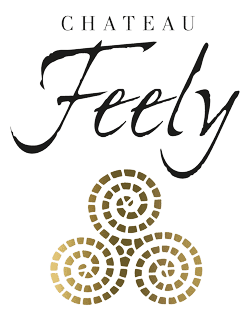
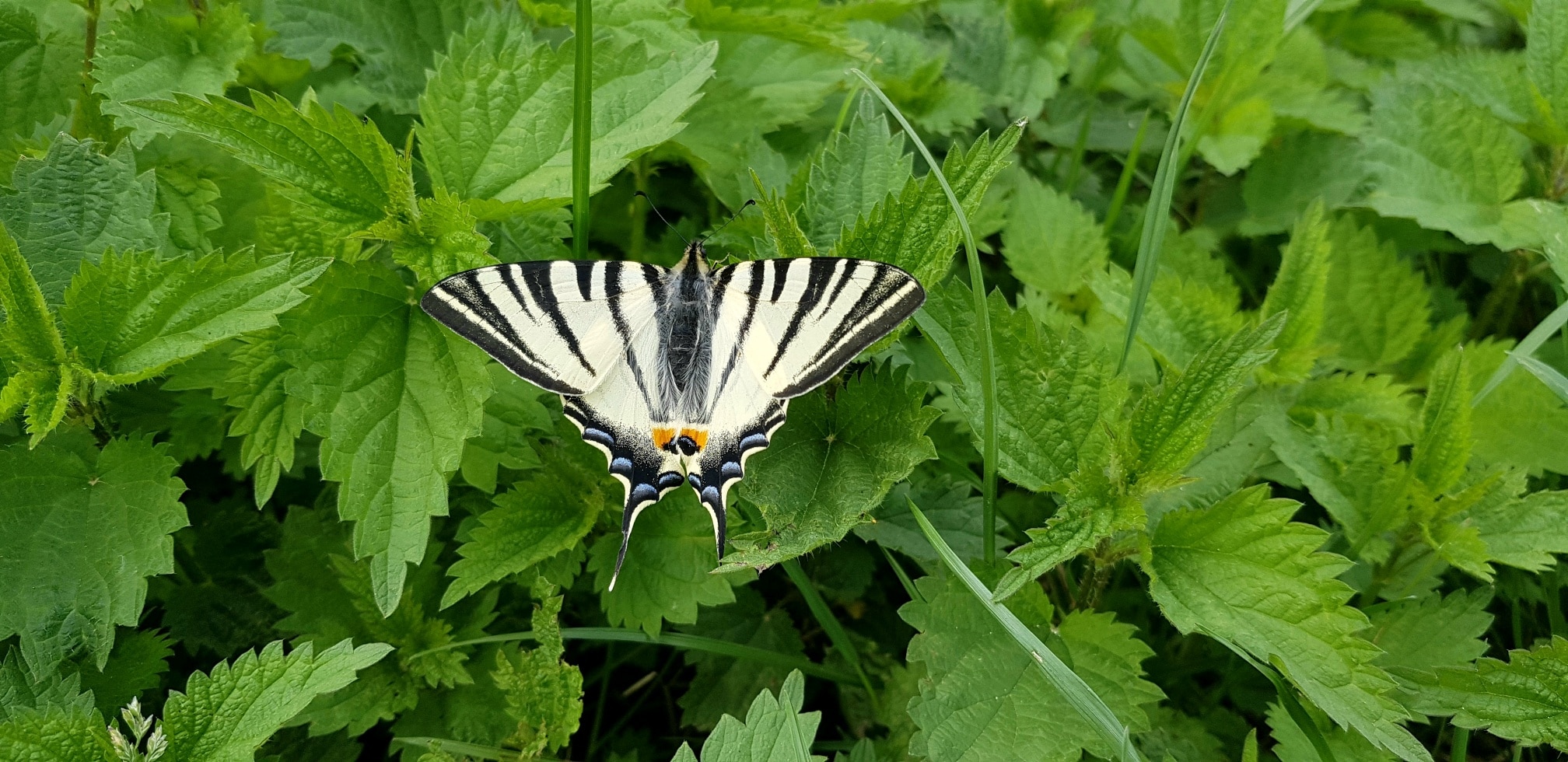




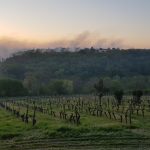
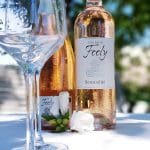
Love what you’re doing, well done, and thanks for reminding me to make my nettle feed! Fiona x
Thanks Fiona! We appreciate your comment. 🙂 Merci! Caro